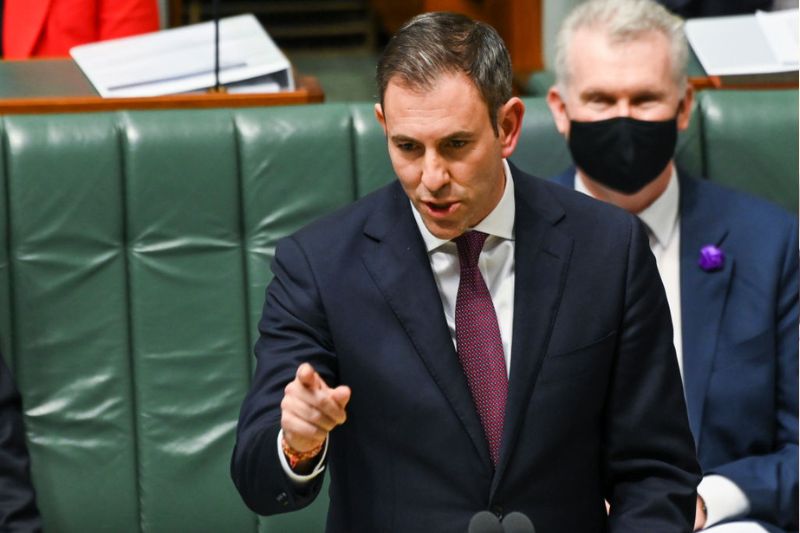Extract from Eureka Street
- John Falzon
- 29 August 2022
The Jobs and Skills Summit is an important first step in a long-term process of reconfiguration of work and economic activity in a world that has radically changed since many of the settings were put in place.
Treasury’s Issues Paper, indicates that the Summit will cover five broad themes: Maintaining full employment and growing productivity; Boosting job security and wages; Lifting participation and reducing barriers to employment; Delivering a high-quality labour force through skills, training and migration and Maximising opportunities in the industries of the future.
The paper also notes that throughout the Summit, ‘there will be a strong overarching focus on women’s experiences of the labour market and ensuring women have equal opportunities and equal pay.’
Treasury will also invite submissions and engage the wider community over the next 12 months.
While the Summit does not signal the end of neoliberalism, with its crushing of spirits and destruction of lives, it does signal a political willingness by the Albanese government to begin an inclusive, deliberative process for healing our society of some of the wounds that have been inflicted on ordinary people through the almost unfettered accumulation of superprofits on the one hand and cuts to real wages and the dismantling of social infrastructure on the other.
'We need to bite the bullet and introduce, where appropriate, multi-employer bargaining in the light of the fragmentation of the labour market, especially in the burgeoning services sector.'
At a time when workers are currently experiencing the biggest fall in real wages and the lowest share of the national income on record, it is the dizziest height of entitlement to claim that it is wages, rather than profits, that need to be restrained in order to rein in inflation!
So what are some of the concrete steps we can take to begin to undo the damage wrought by governments that have been in the thrall of the neoliberal lie that the wealth would eventually trickle down?
First, we need to rethink the purpose of economic activity. We have grown used to the fetishisation of ‘the economy’ as a kind of deity before which working people are required to sacrifice their lives. Especially as we look down the barrel of a climate emergency that threatens not only jobs but life itself, it is well beyond time for us to reimagine our relationship with the environment and with each other. Building an economy that works for people would be a massive departure from the practice of constructing a people whose chief function in life is to work for the economy. An economy that works for people would, for example, accommodate the idea of price controls for essential goods and services such as energy, which is heavily prone to price gouging.
Second, we need a full employment framework, ensuring that people who are able to work have the opportunity to do so, in a secure job with good pay and safe and respectful conditions. It means restoring the central role of education and training. It means regulating, and in some cases reversing, the gig work trajectory, where workers have lost security, safety, paid leave, fair pay and, in some cases, even their lives.
This trend has extended well beyond transport into sections of the care economy such as aged care and the NDIS. As Employment and Workplace Relations Minister, Tony Burke has astutely observed: ‘Gig work drives down wages and it has been spreading like a cancer through the economy…. 21st century technology must not mean 19th century working conditions.’
Another essential feature of a full employment framework is a reconfiguration of the social security system, a system which currently punishes workers for being unemployed, condemning them to a life on $46 a day, a factor that cannot be seen in isolation from the rest of the neoliberal agenda, intent as it is on disciplining the working class through the threat of deeper poverty and paternalistic policies such as compulsory income management, which has especially been used as an instrument of colonising control over First Nations communities. Unconscionably low social security payments were structured to abet wages suppression, supposedly encouraging workers to accept appalling wages and conditions, resulting in a growing cohort of American-style ‘working poor,’ some even unable to afford rental accommodation and forced to sleep in cars or tents.
Third, we need to address the chronic suppression of wages. Key to this is building the architecture for workers to be able to collectively bargain. With some exceptions, corporations large and small have kept wages obscenely low for one chief reason: because they can. We need to create the conditions where they cannot. We need to bite the bullet and introduce, where appropriate, multi-employer bargaining in the light of the fragmentation of the labour market, especially in the burgeoning services sector.
As ACTU Secretary, Sally McManus, explained on the ABC’s 7.30:
‘the main reason why wages have collapsed is because collective bargaining has collapsed, and now only covers one in seven workers, that’s about 14% of the workforce, and the people that are missing out are in feminised industries, so aged care, child care, but also people in small workplaces…. If we do not give workers the abilities to be able to win pay rises, we're not going to turn around this terrible situation we're in. And we shouldn't underestimate how bad it is.’
In his magnum opus The Principle of Hope, German philosopher Ernst Bloch wrote: ‘The most tragic form of loss isn’t the loss of security; it’s the loss of the capacity to imagine that things could be different.’ The Jobs Summit is an affirmation that, in the face of multiple and cumulative forms of social and economic insecurity, things can be different.

No comments:
Post a Comment